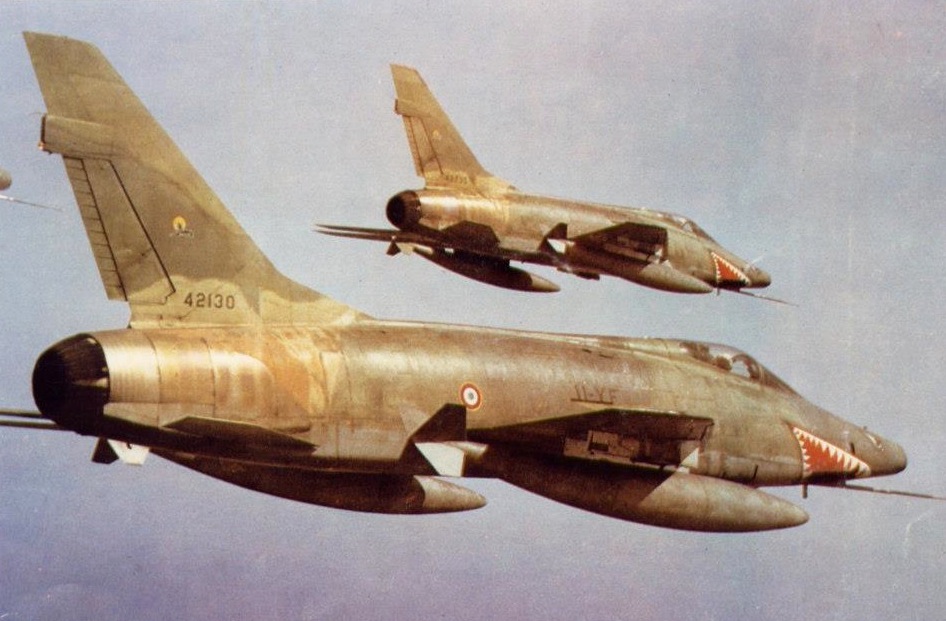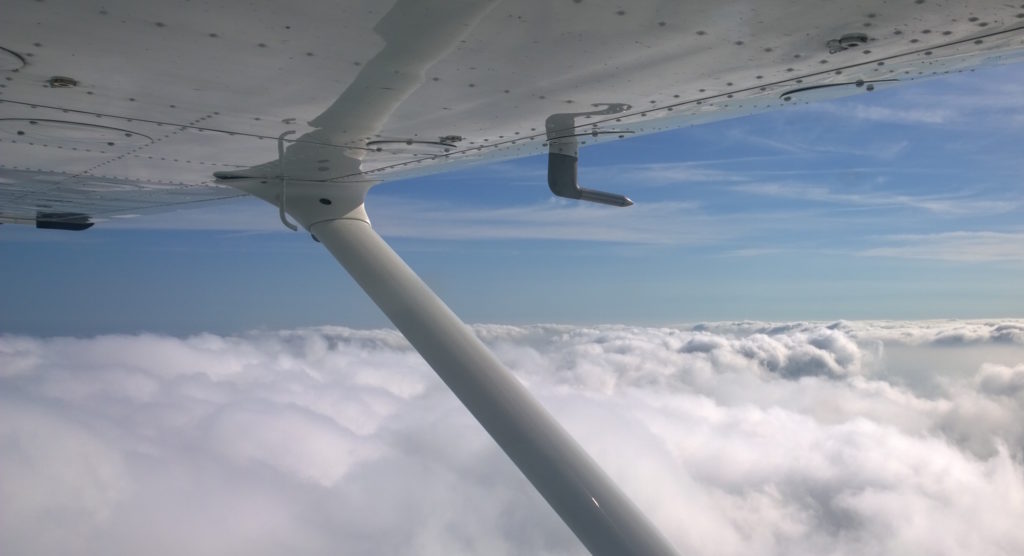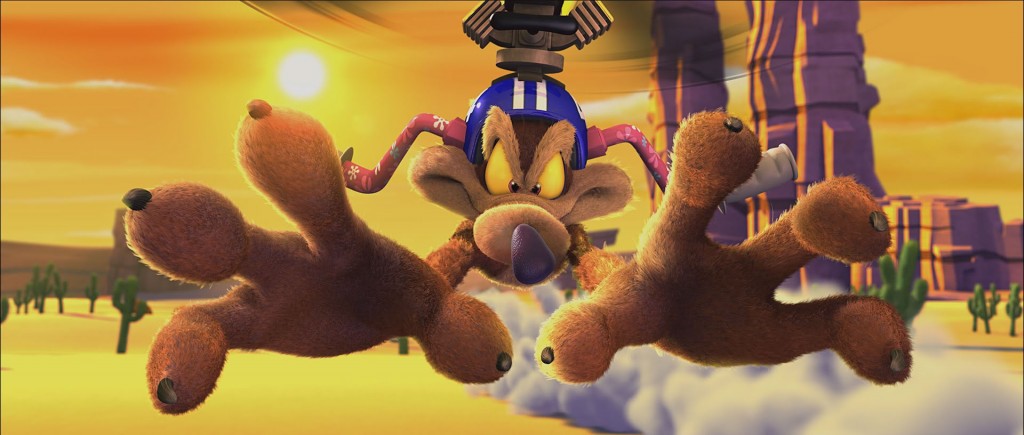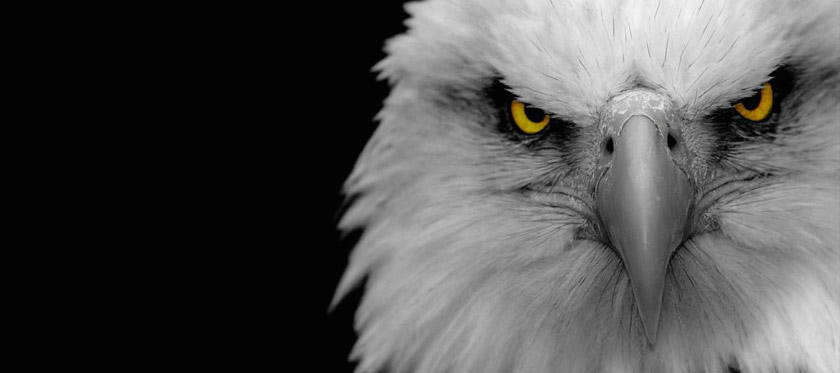Here is the story of Denis TURINA’s third ejection on an F100 Super Sabre! His following analysis of the profession should interest us all. Today he flies on Robins … it is more relaxing!
***
Fighter squadron 2/11 “Vosges” – F-100 n° 42122 – 11-MC May 26th 1975, Waldkirch region (Black Forest, Germany).
The Toul runway is being repaired and, for a few weeks, our squadron is “camping” in Nancy-Ochey on the daisy, the release zone, North-East.
This May 26th, I take off for a very low altitude navigation flight for a young pilot in training. To get off the beaten track and increase the difficulty a little, we planned to fly over the Federal Republic of Germany (R.F.A.) without, of course, approaching the “iron curtain” which is always active and very present.
Having had the chance to be “vaccinated” very early on against the hazards of flight, each time I get on a plane, I assume that I may have to return on foot or by another means of transport than the one in which I am sitting. As usual, I therefore take the time to put in the right position and secure the package that serves as a cushion for the ejection seat. This package, which contains the pilot’s means of survival, is intended for maritime overflights. It permanently equips this plane which, like all the planes that can be refuelled in flight, can be designated to leave for Africa at the “whistle”. The other F-100s are generally equipped with the package designed for land overflights (without inflatable dinghy), which is more comfortable and better adapted to the ejection seat bucket on which we are sitting.
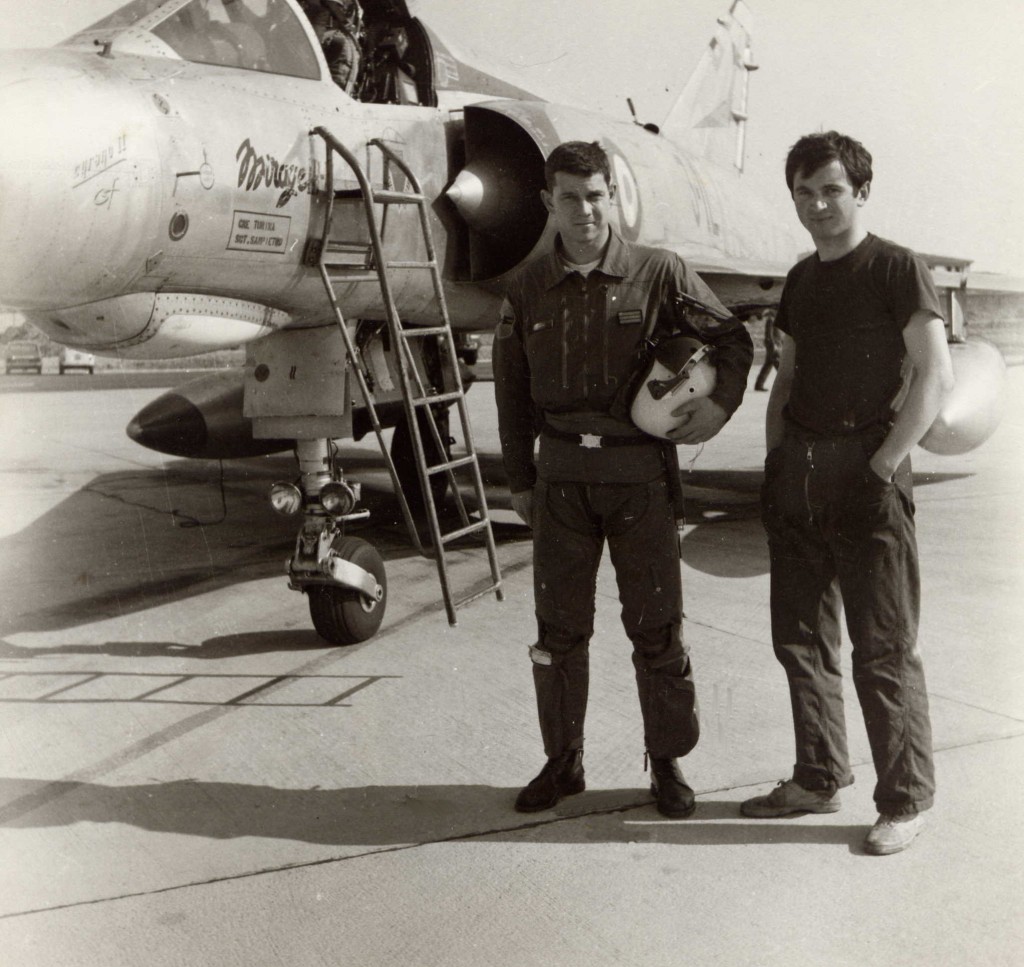 Here we go. The young pilot is in the ” leader ” position and, each one in his own plane, we fly over France together at 600 feet, 420 knots (180 meters of altitude, 780 Km/h of speed). I have to keep an eye on the sky to avoid a collision with one of the many aircraft flying over eastern France and Germany, monitor navigation to respect the restricted zones and be able to accurately reproduce the route we are going to take. All of which is enough to keep us on our toes.
Here we go. The young pilot is in the ” leader ” position and, each one in his own plane, we fly over France together at 600 feet, 420 knots (180 meters of altitude, 780 Km/h of speed). I have to keep an eye on the sky to avoid a collision with one of the many aircraft flying over eastern France and Germany, monitor navigation to respect the restricted zones and be able to accurately reproduce the route we are going to take. All of which is enough to keep us on our toes.
Crossing the Rhine, contact with the French control agency to let them know that we are crossing the border, changing the map, and we begin to “climb” the Black Forest.
A “cannon shot” bursts out at the back. I go in the harness straps that link me to the plane. It’s a real brake shot. Very loud noises and vibrations come from everywhere. The adrenaline flows in waves…
Instinctively I pull on the stick to gain altitude, reduce the engine rpm and turn north towards Lahr Air Base, which is less than 5 minutes away. I think I have collided with a glider or another plane and I try, without success, to warn my crew member by radio which seems to be out of order.
In the cabin, the alarms of the electrical circuits, AC and DC, are on. The nozzle temperature is well above normal and the “nozzle fire” lamp is lit. Against all reason I decide that, considering the electrical problems, the fire and temperature indications are not reliable, that my worries come from the engine regulation which continues to “sing” and vibrate, like a jackhammer. My concern then becomes to “recycle” the reactor so that it functions normally again.
Somewhere, deep inside me, a little voice tells me that I am mistaken, but I am so eager to get back to the Lahr track that I don’t want to hear anything that could interfere with my plans.
Meanwhile, the altitude I had reached on my runway starts to decrease. The speed is also decreasing, and the compressor gun noise that stalled is still there. I reduce the throttle all the way down, switch the engine governor to “emergency” and advance the throttle lever, slowly, very slowly, hoping that the engine will resume normal operation. No improvement.
Neither the base in Lahr, nor my crew member, nor anyone else answered my calls on the distress frequency. I’m starting to feel quite lonely, just as the Black Forest fir trees are growing in the canopy. I then decide to shut down the reactor and try to restart it while the remaining altitude allows it. The little voice tells me that I’ve gone crazy, that the plane should have exploded already, but I don’t want to hear it.
I shut down the reactor hoping that the nozzle temperature will go down to allow me to restart without too much risk, but smoke comes out under the dashboard. I can no longer read the instruments. Only then do I realize how serious the situation is and how stupid my blindness is.
A quick glance down shows me the forest. No dwelling is in my field of vision, so there is no risk of making big damages on the ground. I raise the armrests of the ejection seat and activate the firing triggers. I leave under stress, with the feeling of having exceeded the instructions and leaving too late. I could feel the pieces of scrap metal from the exploding plane, bumping into my buttocks.
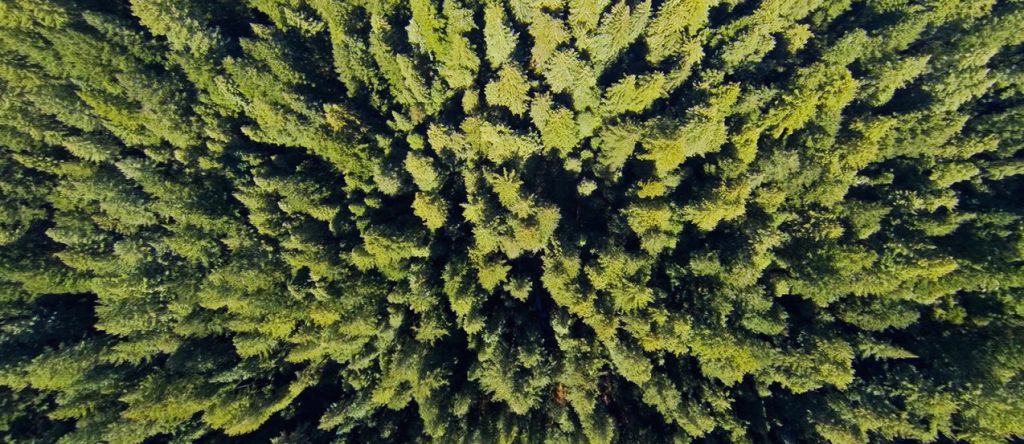
The exit is performed without a curtain in front of my eyes. I see the plane shrinking away, a reassuring sight. It is followed by sprays of molten metal sparks and a big black smoke.
“I wasn’t turned into heat and light, and the engine had a big problem.
Looking down, it’s the Black Forest. I don’t see any signs of life or houses nearby. I feel reassured about the ground damage.
If I look up, I’m in a state of high spirits. The seat is swaddled in the parachute, which is only half open. The canopy is burned and torn in places. An almost symmetrical double dome doesn’t make me optimistic either. Something will have to be done.
I take a look below. I estimate myself at about 500 meters from the ground and it’s badly paved. I see forest, areas that have been cleared a bit, stumps, a slope, a logging road. The wind is very weak
I feel angry and fed up with myself.
“Again” with the added feeling that I don’t understand everything that’s happening to me.
I think about the debriefing. I won’t have much to say. “Could have done better! ».
“Well, I’m second in command of a squadron. If someone is messing with me, I’ll know how to defend myself. I just hope that my partner doesn’t get into trouble over Germany and comes home normally.
A glance below. “Where is my plane? ». I can see it. It plunges to the ground and crashes into the forest. No boo-boos on that side.
“That’s not all, but the day is not over. I remember stories of pilots who were found injured or killed by their seats not separating properly from the parachute.
“I’ve got to get that seat out.
I start climbing up the lines, the seat doesn’t move. It seems to have gone through the canopy and seems to be securely fastened. The canopy is completely deformed, the descent speed seems strong to me. I make a second attempt, then a third one, without more success. I understand that I’ll have to “do with it” and land on the ground like that.
A big anger arises in me, born from a feeling of injustice. “I’m intact at the end of my lines and I’m probably going to break when I hit the ground. Maybe if I take the seat on my head, I’ll even die. It’s too unfair.
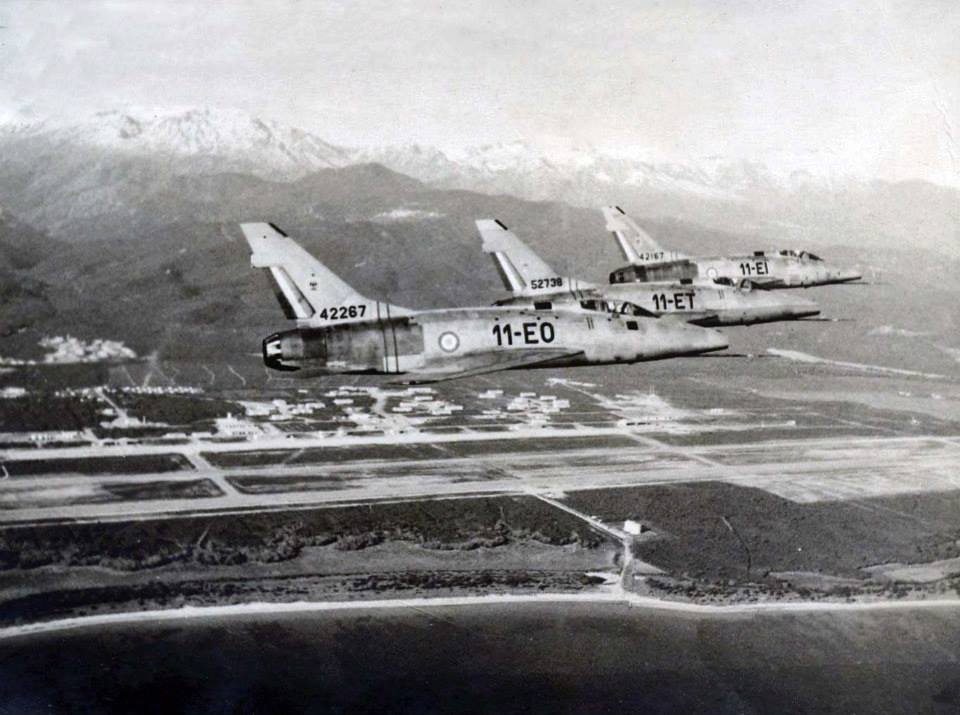
I have a quick thought for my family. We are expecting our third child. A thought for heaven, which is abandoning me. I feel like a “hypocrite” if I say a prayer now.
A more pragmatic thought comes up. “This is not the time for philosophy or sympathy, but for action.
“Where should I put myself? In the fir trees that will be able to cushion the impact on the ground, but also serve as a funnel to bring the seat on my head? In areas that are a little deforested, but where the stumps, which I’m beginning to see clearly, can hurt a lot? On the logging road, where the ground is almost flat and where I can be rescued more easily? ». I forget to drop the survival package.
I look down, pull to control the parachute and try again to free the seat. The descent is very fast and I can’t manage to steer. In the last 100 meters, the ground literally jumps over me. I understand and I have a feeling that this is probably the end of the game. At this speed, I can’t get out of it.
Resignation gives way to anger. With or without the seat on my head, it’s all over.
I suddenly become very calm. I look for what I can do with these last few seconds. I think very quickly:
“I’m only 35 years old, I still had a lot to do …
It’s too bad… I’m not even going to plant myself on French soil… “. And then..:
“First of all, the worst is never sure and I have about 350 parachute jumps to my credit …
I can absorb the blow. I’m scared… It’s going to be painful.
I’m ready for anything, but I don’t want to become a vegetable…
I have to take the landing position that I know well and hold it until impact. Tighten my legs and, if necessary, break my lower body to try to preserve my upper body. I can’t see anything else to do. But I’m going to be in a lot of pain. »
In the “short final”, I can see that I’m going to arrive at the edge of the logging road and that it might not be that bad for the rescuers. The ground is coming very quickly. It’s the end. I concentrate on the position and wait. Very unpleasant moments that I try to position.
” At the speed at which I’m approaching, it won’t be long “.
“Where will it hurt? ».
“What can I take with me? – A final view of the earth. »
“It’s now. I’m there… Maybe I’ll soon KNOW”.
I always remember the image of the path and the pebbles that “welcomed” my shoes.
An immense pain in my back. A very sharp pain in my right hand. A dull pain in my left ankle, pain and blood in my right knee. Blood dripping, drop by drop, from my head onto my anti-g pants.
My helmet was ripped off. I can see and breathe. I’m “stacked”, in a ball, covered by my parachute. A first conscious thought slowly emerges: “I am in pain, therefore I am alive”.
I feel more or less conscious and that my brain is functioning as if it were driving a huge flywheel. Thoughts slowly form and become clearer afterwards.
Always this pain, everywhere, but especially in my back. “How long have I been here? I am alive, but in what state? Am I paralyzed? »
I remember stories that are told. Wounded amputees complaining of pain in limbs they no longer have.
“I’m going to try to move.
“No, because I have a broken spine. Yes, because I am in Germany. If help arrives I won’t see them, and since I don’t speak their language, I won’t be able to make them understand that I shouldn’t be touched. When they take off the parachute that covers me and “unfold” me, then I will be paralyzed, even if I am not yet paralyzed.
From my valid arm I gently release the parachute and I see trees. A big puff of pleasure calms me down and reassures me. I release myself a little more from the parachute without moving my chest too much and I see that I am on the side of the road. Then, I REST. I still feel this pain in my spine and in my hand.
“And if I lay down on the path, it would be easier for the rescuers.
“Help? I didn’t hear my partner’s plane pass by again. He was in front of me, he probably didn’t see anything, nor was he able to alert anyone. Fortunately, the plane wreckage is smoking. It is quite far away but the locals know that there was an accident”.
“We are in the early afternoon, I won’t spend the night outside”.
I think: “I have to get close to the path so that people can see me from the sky”.
I begin to move my bust and to consider dragging me in the middle of the path to be seen and to signal me. I rock gently on the side. The pain is very strong.
I take a smoke generator and hide, on my skin, the confidential and coded frequencies that we use. I grab a piece of the parachute and, leaning on my valid elbow, I begin to crawl as much as I can on the way. I am two or three meters tall. The pain is strong but not more than when I stand still.
When I reach the middle of the path, I lie down completely on my back. A piece of the parachute is visible from the sky. I try to move my legs to see. I can’t do it, it’s too painful, but I manage to move my feet a little. I get my confidence back.
“I can’t be paralyzed because my legs hurt too much and I move my feet.
I feel like I did what I had to do. I REST and wait.
A sound of a car engine, a little far away. Birds singing.
Except for the pain, very strong, that twists my body, the situation is not too bad.
I hear the sound of the engine coming closer.
I turn on the smoke and take a deep breath. Help is coming.
Two foresters approach, walking through the woods. They had seen the parachute and had set off. They had just seen the red smoke. They have a very well equipped first aid kit. In approximate English, I explain to them that I must not move. They answer me that they have a first aid training and know how to lift their comrades who fall from trees. They seem to be competent and are beginning to bandage the wounds on my head and knee. They keep me company, with kindness and smiles.
Soon a police car arrives, which, by radio, guides an ambulance. I feel in good hands, confident and I REST.
Boarding the ambulance, X-rays and stitching of my wounds at the hospital in Waldkirch.
A doctor, who had probably learned French in the early 40s, explains to me that I am not transportable and that I will be hospitalized there, probably for a few weeks. All this seems secondary to me.
Three months in plaster, six months on staff, including two as head of the center in Val d’Isère, a month in Aulnat to discover and learn the basics of the instructor’s job, before joining the Ecole de l’air in Salon de Provence as squadron commander on Fouga, without an ejection seat (of course).
***

